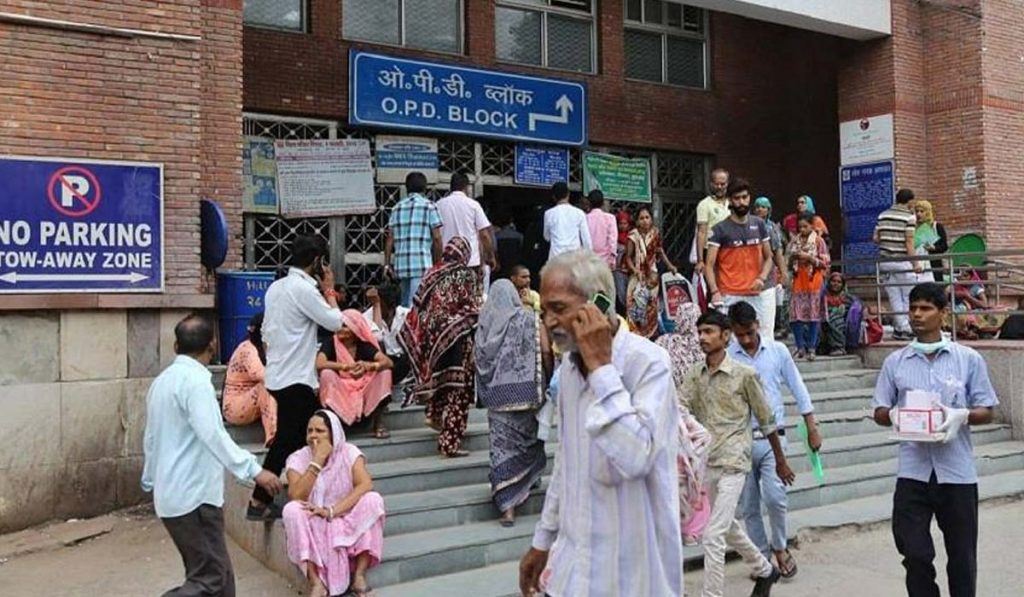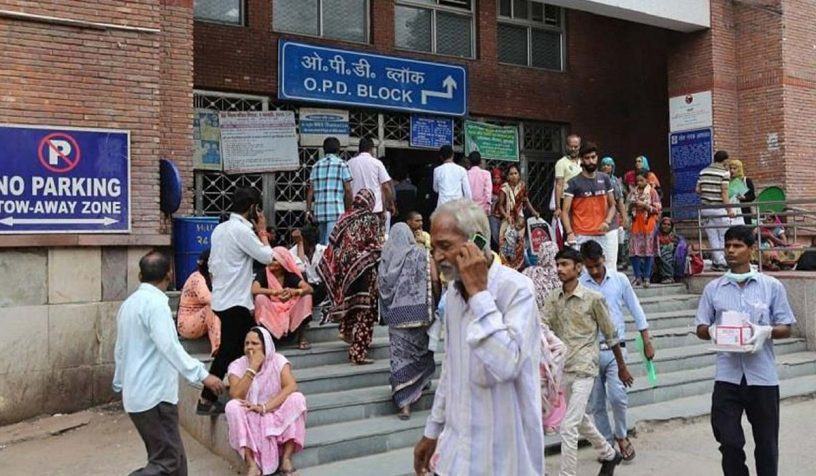
This study shows that with recent research advancements in simulation modelling, scepticism towards methods adopted from other sectors can be reduced which is beneficial for both — the modern-day healthcare service provider and the patients.
Authors
Piyush Pranjal, Assistant Professor, Jindal Global Law School, O.P. Jindal Global University, Sonipat, Haryana, India.
Piyush Gupta, Operations Management, Fortune Institute of International Business, New Delhi, India; Indian Institute of Management Ranchi, Jharkhand, India.
Amit Sachan, Indian Institute of Management Ranchi, Jharkhand, India.
Punam Prasad, T A Pai Management Institute (TAPMI), Manipal, Karnataka, India.
Summary
Similar to other services, healthcare is also experiencing an evolution of patients into sophisticated customers with high expectations from the service providers. This has led to the application of operations research tools such as discrete event simulation modelling in delivering improved healthcare services. The present study is conducted in an obstetrics and gynaecology out-patient department of a multi-specialty hospital.
Process related data is collected from the department and is used to build a discrete event simulation model. Scenarios are developed considering strategies suggested in literature to manage arrival variability, the most crucial form of customer-induced variability.
Based on the results obtained, the most optimal solution is highlighted. This study shows that with recent research advancements in simulation modelling, scepticism towards methods adopted from other sectors can be reduced which is beneficial for both, the modern-day healthcare service provider and the patients.
Published in: International Journal of Productivity and Quality Management
To read the full article, please click here.


